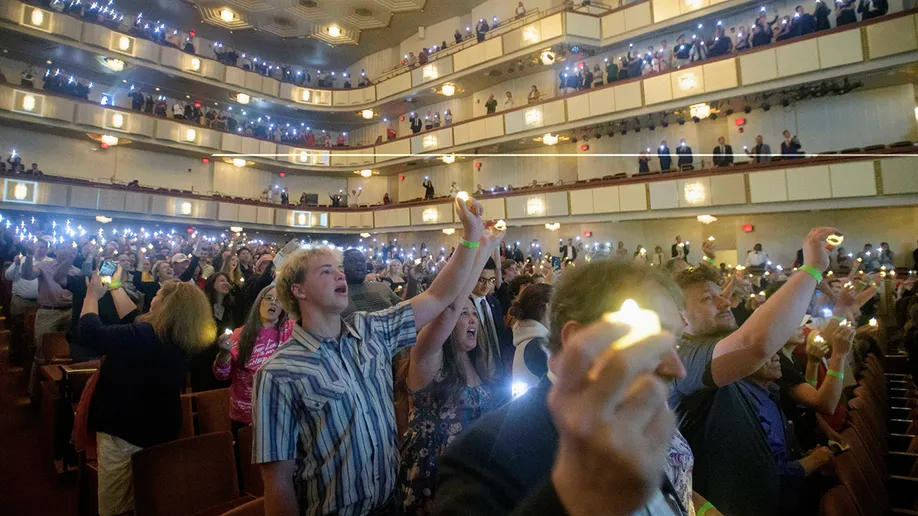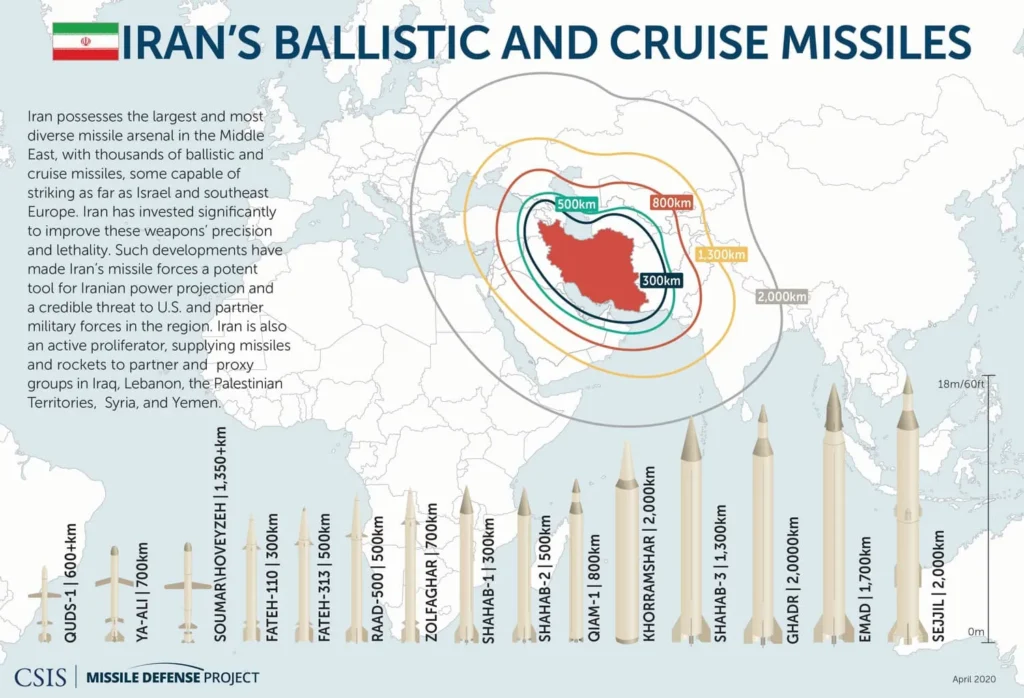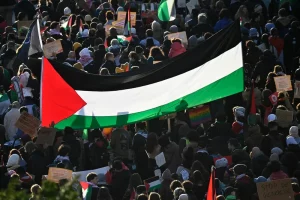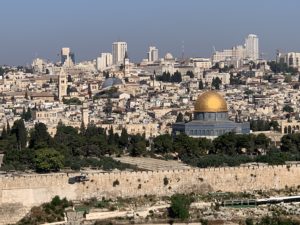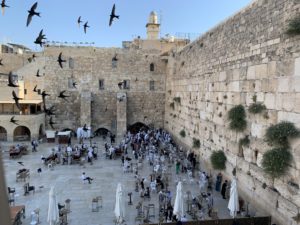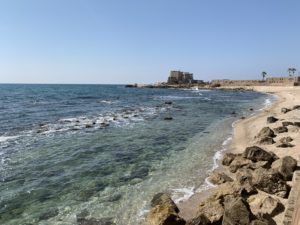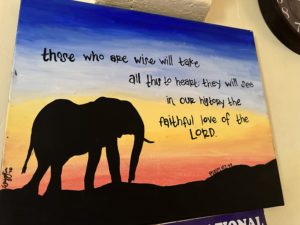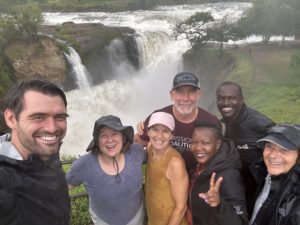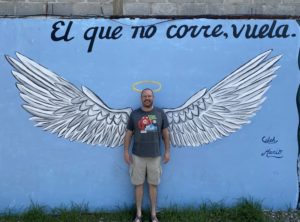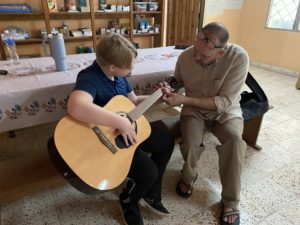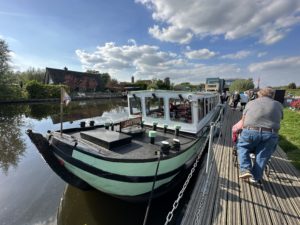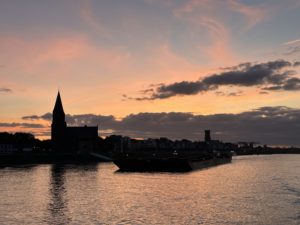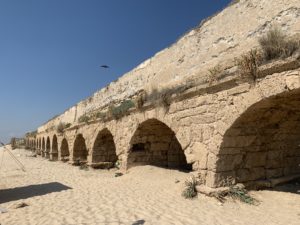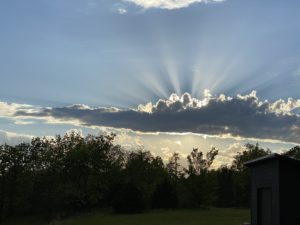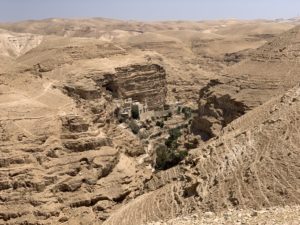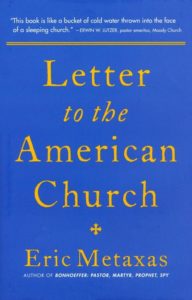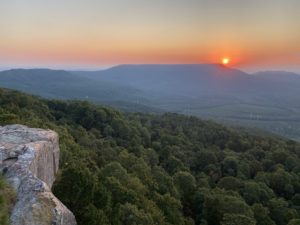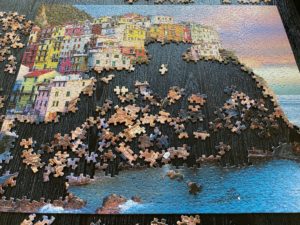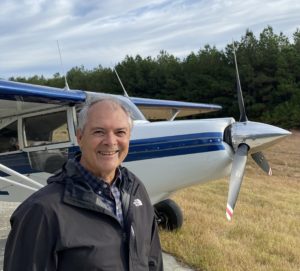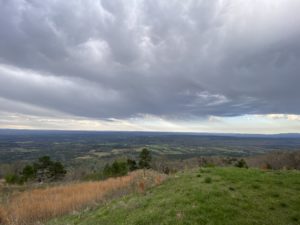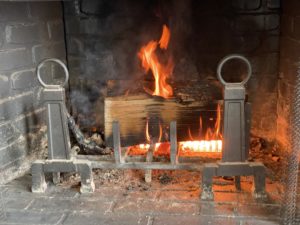“Your glory, O Israel, lies slain on your heights. How the mighty have fallen!” (2 Samuel 1:19 BSB)
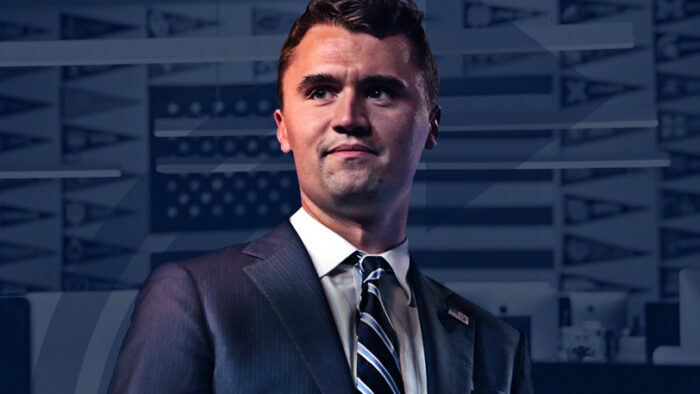
The expression “How the mighty have fallen” appears most famously in 2 Samuel 1, where David laments the deaths of Saul and Jonathan. The phrase reflects the heartfelt agony of the loss and calls to mind their courage, strength, honor, and passion for the people of Israel and their God.
If you’re over thirty, you may not know much about Charlie Kirk. But you do now! Instagram Reels, YouTube, TikTok, X, Facebook, WhatsApp, WeChat, and other social platforms with billions of viewers have carried the man and his message around the world and into the future via the minds and hearts of young people everywhere. He stirred people into thinking and into action with his courage, kindness, truth, and right living.
Were it not for his murder and untimely death, like Dietrich Bonhoeffer, who was martyred by Hitler a few days before his concentration camp was liberated, people would probably not be aware of his genius, courage, passion for his country and for his Lord, Jesus Christ. Also, his love for freedom of speech and his love of truth set him apart.
May his voice be duplicated in the generation he lived and died for, a groundswell of courageous youth who think for themselves, educate themselves, search for the truth and value it as much as Charlie did. If you’re motivated to help, click here. Pray for his sweet family. Take action in some way to honor Charlie Kirk’s life and courage.
Charlie Kirk and Western Civilization
As a student of history, I’ll close by sharing an article I read after the tragedy by Shai Kalach, a conservative Orthodox Jew:
The Assassination of Charlie Kirk – A Turning Point for Western Civilization
This week, Charlie Kirk, a conservative American author and social activist, was murdered. He was the clear voice of an entire generation, and countless young people and adults enjoyed listening to him and reading his words. With his exceptional eloquence, well-reasoned arguments, and courage to step into any arena and respond to any claim, he managed to touch the hearts of millions, restore moral reasoning to the American nation, and become a revered figure for many of its citizens.
His murder is not an isolated act—it is a symbol of a broader phenomenon. Usually, we think of political assassinations, but here it was not a politician who was killed, but a man of ideas. A man who expressed himself with a pen and a microphone. What disturbed his killer and his supporters was not Kirk’s authority, but his ability to clearly articulate his worldview and persuade people. Whoever murdered him, and whoever supported that act, does not truly believe in freedom of speech; they fight against it with violence.
President Trump called for prayers during Kirk’s final hours, later announced his death, and America bowed its head, even lowering its flag to half-mast.
Why did this great nation mourn him as one of its most distinguished sons?
Because there is nothing more splendid than American democracy, whose very heritage is freedom—freedom that recognizes the essence of free speech. The Founding Fathers gave their lives so that every individual could express an opinion without fear. Charlie, with his resolute voice, joined their ranks. He fell solely because of his steadfast commitment to truth—the very thing the progressive left fears most, for truth threatens its existence.
One must understand this clearly: the radical left’s art has always been violence and murder. Gulags, show trials, extermination camps—all of these grew out of the school of Marxism, the bloodiest enterprise in history, which buried more than 150 million souls. Even within communism itself, dissenting voices were silenced—Stalin persecuted Trotsky simply because he had a pen and differing opinions.
Today, communism has allied itself with woke culture, which is nothing but a grand masquerade of false peace—a cover story for the fascist violence of the radical left.
This moment marks a turning point in the cultural struggle of Western democracies. They must recognize that this is a war of violence versus freedom of speech. They must unite against the radical “ultra-liberal” left, which silences opposition through intimidation and assassination.
In a proper country, all journalists in Israel would have issued a clear statement against this violent assault on freedom of expression. Yet it turns out that not all are the democrats they claim to be—for they do not believe in liberty or free speech, but in silencing voices when the victim does not belong to their political camp.
But such silencing will not succeed. Every attempt to uproot the fight for truth only deepens its roots. Every attempt to take a life gives birth to new life. Yesterday, not only America but the entire world gave new birth to the image of Charlie Kirk in the many who now carry his voice.
Charlie’s assassination is not merely a private or national tragedy; it is a call to action for the free world—a call for revival: to raise the banner of liberty, to zealously guard the right to speak and express one’s opinion, and to wage cultural war against those who choose the easy life of lies. For as long as there are men and women willing to die for speaking the truth, Western civilization will not cease to live.
And the people of Israel will deepen their identity and roots—and proclaim liberty to the entire world.
*********************
“Nothing gives rest but the sincere search for truth.” Blaise Pascal
“In passing we should note this curious mark of our age: The only absolute allowed is the absolute insistence that there is no absolute” ― Francis A. Schaeffer
“To fail to exhibit that we take truth seriously at those points where there is a cost in our doing so, is to push the next generation in the relative, dialectical millstream that surrounds us.” ― Francis A. Schaeffer
“Truth is so obscure in these times, and falsehood so established, that, unless we love the truth, we cannot know it.” Blaise Pascal
“The truth may hurt for a little while, but a lie hurts forever” — Unknown
“Truth is like the sun. You can shut it out for a time, but it isn’t going away” —Elvis Presley
“No legacy is so rich as honesty” —William Shakespeare
“In a time of deceit telling the truth is a revolutionary act.” ― George Orwell
“Rather than love, than money, than fame, give me truth.” ― Henry David Thoreau
“I have no greater joy than to hear that my children are walking in the truth.” (3 John 1:4)
“Do your best to present yourself to God as one approved, a worker who does not need to be ashamed and who correctly handles the word of truth.” (2 Timothy 2:15)
“The Word became flesh and made his dwelling among us. We have seen his glory, the glory of the one and only Son, who came from the Father, full of grace and truth.” (John 1:14)
“Sanctify them by the truth; your word is truth.” (John 17:17)

